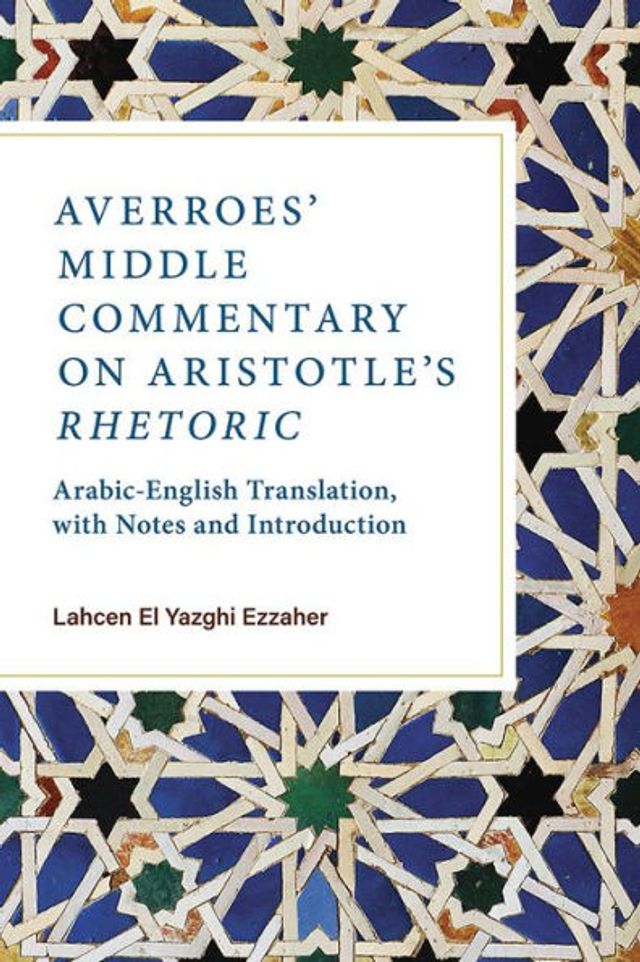Home
the Anonymity of a Commentator: Zakariyya al-An?ari and Rhetoric Muslim Commentaries
Barnes and Noble
the Anonymity of a Commentator: Zakariyya al-An?ari and Rhetoric Muslim Commentaries
Current price: $99.00


Barnes and Noble
the Anonymity of a Commentator: Zakariyya al-An?ari and Rhetoric Muslim Commentaries
Current price: $99.00
Size: Hardcover
Loading Inventory...
*Product information may vary - to confirm product availability, pricing, shipping and return information please contact Barnes and Noble
The Anonymity of a Commentator
examines the life and writings of the Egyptian Sufi-scholar Zakariyyā al-Anṣārī (d. 926/1520), the longest-serving chief Shāfi'ī justice to the Mamlūk sultanate during its final years. It analyzes al-Anṣārī's commentaries in the disciplines of Sufism and Islamic law as a case study to illustrate how and why Muslims produced commentaries in the later Islamic Middle Period and how the form and rhetoric of commentary writing furnished scholars like al-Anṣārī with a medium in which to express their creativity and adapt the received tradition to the needs of their time. Whereas twentieth-century scholars tended to view Muslim commentary texts as symbols of intellectual stagnation in and of themselves, contemporary scholars recognize that these texts are often the repositories of profound ideas, although they approach them with little guidance from their academic predecessors.
aims to provide this guidance, through a close study of one of the most prolific commentary writers in Islamic history.
examines the life and writings of the Egyptian Sufi-scholar Zakariyyā al-Anṣārī (d. 926/1520), the longest-serving chief Shāfi'ī justice to the Mamlūk sultanate during its final years. It analyzes al-Anṣārī's commentaries in the disciplines of Sufism and Islamic law as a case study to illustrate how and why Muslims produced commentaries in the later Islamic Middle Period and how the form and rhetoric of commentary writing furnished scholars like al-Anṣārī with a medium in which to express their creativity and adapt the received tradition to the needs of their time. Whereas twentieth-century scholars tended to view Muslim commentary texts as symbols of intellectual stagnation in and of themselves, contemporary scholars recognize that these texts are often the repositories of profound ideas, although they approach them with little guidance from their academic predecessors.
aims to provide this guidance, through a close study of one of the most prolific commentary writers in Islamic history.


















